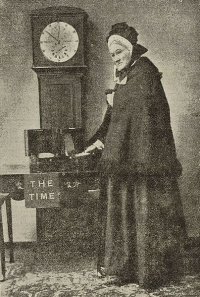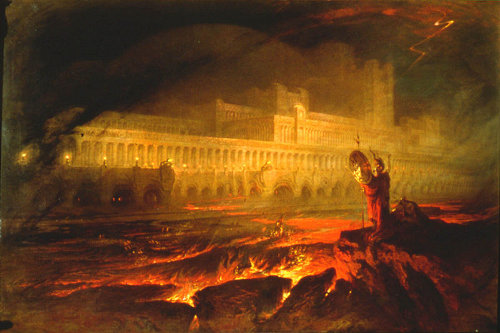On Jan. 18, 1897, California farmer George Jones bought a quantity of livestock feed from Henry B. Stuart of San Jose. As security he signed a $100 promissory note that bore 10 percent interest per month, compounded monthly.
They had agreed that Jones would pay the debt in three months, but the note had run for almost 25 years when Stuart got tired of waiting and told his lawyer to sue. Judge J.R. Welch of the Superior Court of Santa Clara entered this judgment on March 6, 1922:
“Wherefore, by virtue of the law and the facts, it is Ordered, Adjudged and Decreed that said Plaintiff have and recover from said Defendant the sum of $304,840,332,912,685.16 with interest thereon at the rate of 7% per annum until paid, together with the further sum of $50.00 Plaintiff’s attorney’s fees herein with interest thereon at the rate of 7% per annum until paid.”
That’s $304 trillion, “more money than there is in the world, outside of Russia,” the New York Tribune reported drily. Jones paid $19.69 and filed for bankruptcy.




